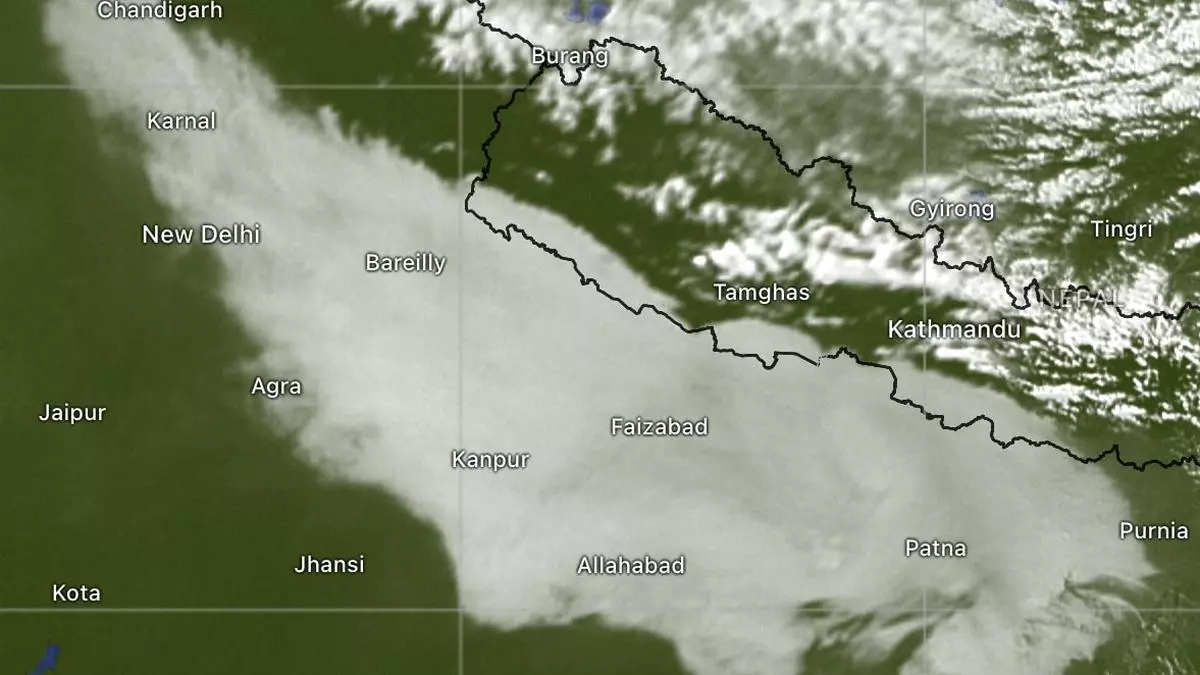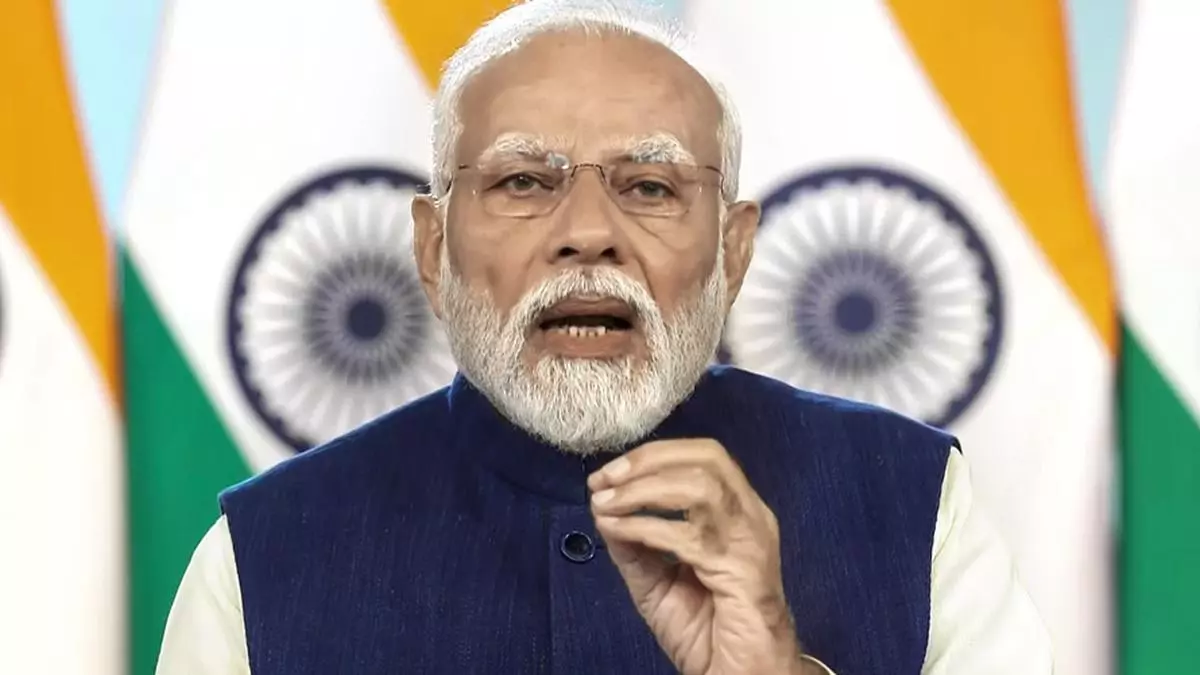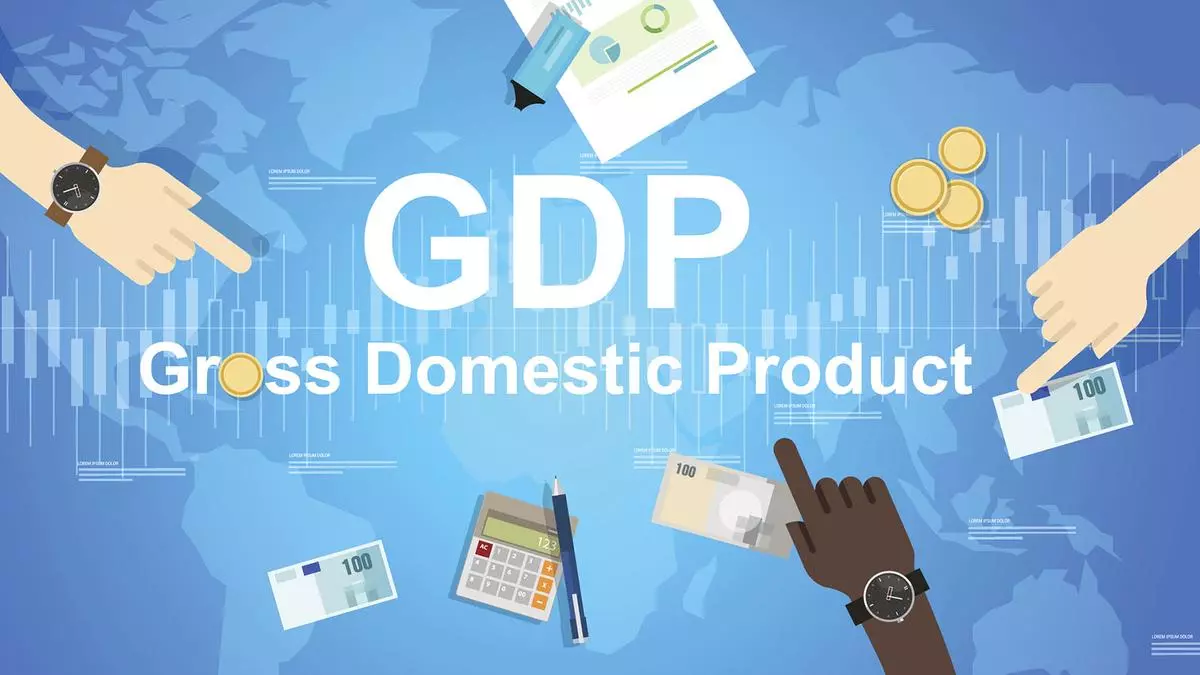Attorney General R. Venkataramani on Thursday urged the Chief Justice of India (CJI) to list the Competition Commission of India’s (CCI) plea seeking consolidation of writ petitions filed by e-commerce resellers. The matter, which Venkataramani mentioned before CJI, is expected to be heard on Monday.
CCI has approached the Supreme Court seeking the transfer of 24 pending writ petitions before various High Courts across the country. The petitions, filed by prominent resellers, challenge the ongoing antitrust investigations into Amazon and Flipkart, alleging violations of the Competition Act, 2002.
The transfer petition, filed under Article 139A of the Constitution, aims to centralize these cases to ensure consistent rulings on critical legal questions and expedite resolution. The Supreme Court is set to deliberate on the CCI’s plea to either consolidate the cases in its jurisdiction or transfer them to a single High Court, preferably the Delhi High Court.
Background
The controversy traces back to 2019 when the Delhi Vyapar Mahasangh filed a complaint alleging anti-competitive practices such as preferential listing, deep discounting, and exclusive arrangements on Amazon and Flipkart platforms. Following a prima facie investigation, the CCI directed its Director General (DG) to probe the allegations.
Despite initial legal challenges by Amazon and Flipkart, the Supreme Court upheld the CCI’s directive in 2021. Subsequent investigations faced delays due to procedural complexities, including bifurcation of the probe into separate cases against the two platforms and their affiliated sellers.
Key Legal Questions
The petitions raise fundamental questions concerning the DG’s authority to investigate third parties not initially named as opposite parties in the CCI’s inquiry, the requirement of prior notice and hearing before designating an entity as an “opposite party,” and compliance with procedural regulations under the Competition Commission of India (General) Regulations, 2009.
Several High Courts, including those in Karnataka, Punjab & Haryana, and Telangana, have granted interim stays, stalling the CCI’s investigations.
Prominent firms such as Cloudtail, Appario and Vivo are among the petitioners before the High Courts. The cases arising from CCI’s original inquiry against Amazon and Flipkart directly impact millions of consumers who rely on these platforms.
The CCI argues that delays and conflicting rulings could undermine its statutory mandate to ensure fair competition and consumer welfare. Citing the Supreme Court’s observations in the 2010 case involving CCI, the transfer petition emphasizes the need for expedited adjudication to prevent irreparable harm to India’s market economy.
What Lies Ahead
The Supreme Court’s ruling on the transfer petition is expected to set a precedent for handling multi-jurisdictional disputes in regulatory investigations. Legal experts believe this case could redefine procedural norms for competition law enforcement in India’s fast-evolving digital economy.
The outcome may shape compliance frameworks and competition dynamics on e-commerce platforms for businesses. For consumers, it promises a fairer marketplace.
As the Apex Court gears up for the hearing, all eyes will be on how it balances the competing interests of procedural fairness, regulatory efficiency, and consumer protection.









Leave a Comment